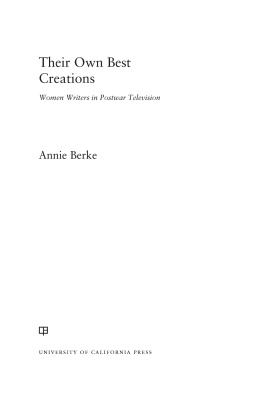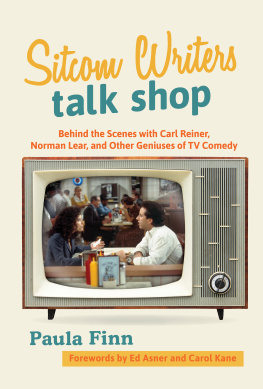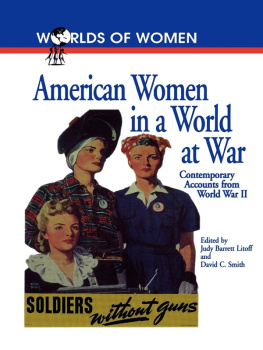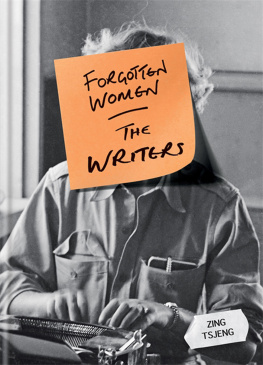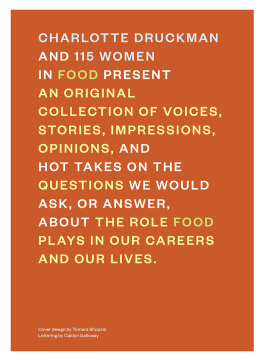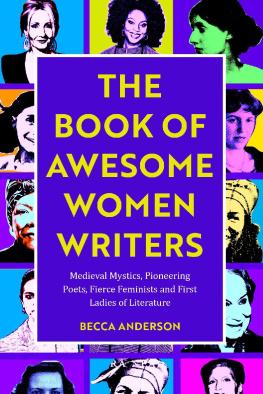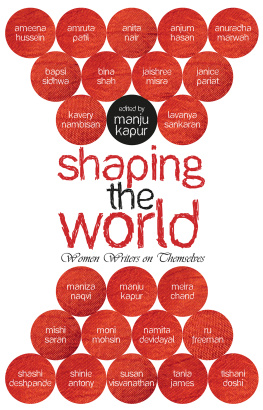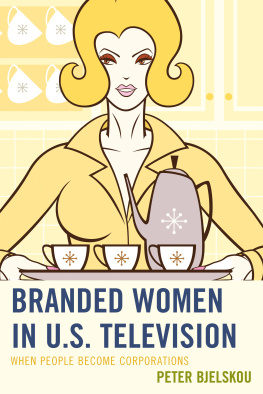Their Own Best Creations
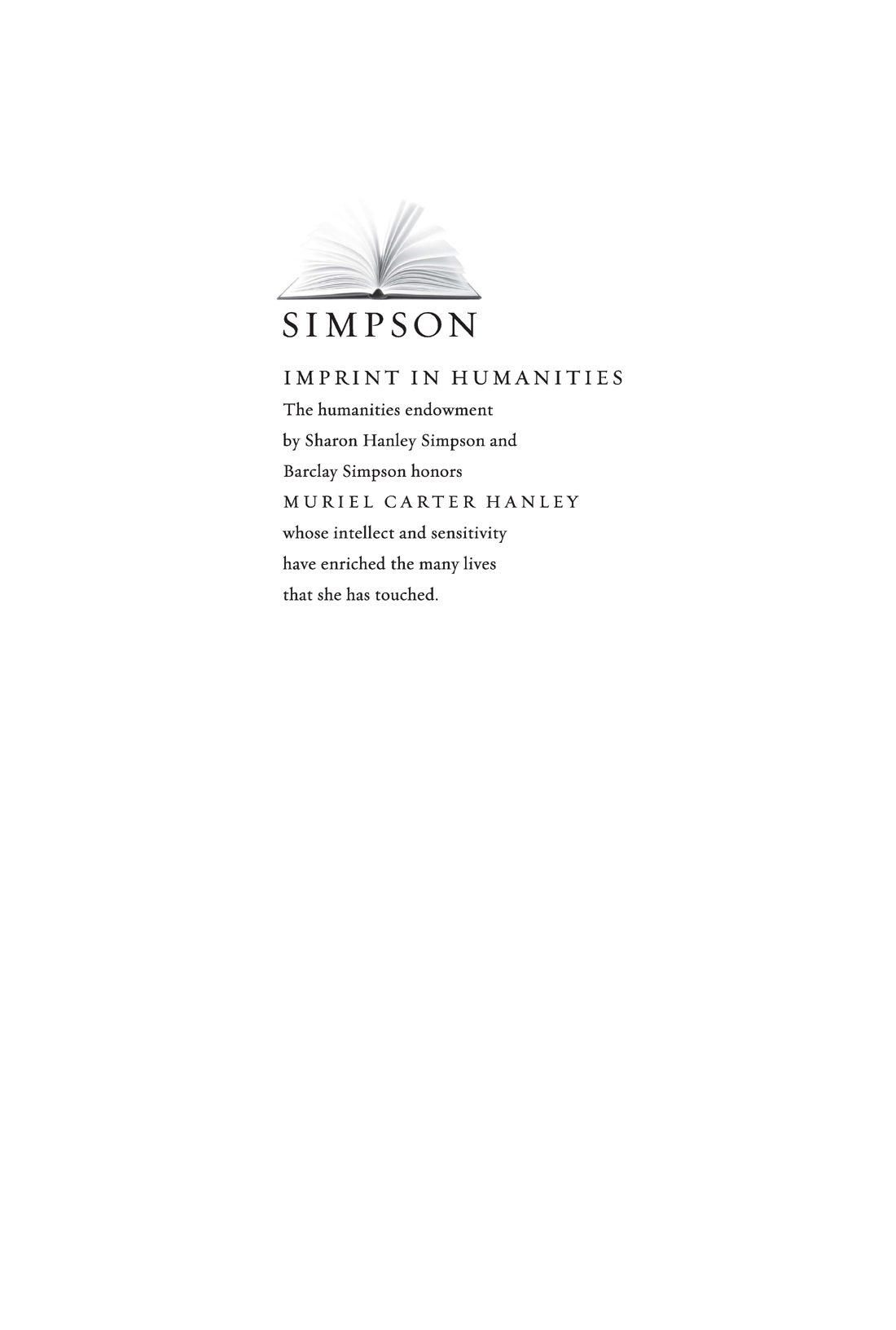
The publisher and the University of California Press Foundation gratefully acknowledge the generous support of the Simpson Imprint in Humanities.
FEMINIST MEDIA HISTORIES
Shelley Stamp, Series Editor
Their Own Best Creations: Women Writers in Postwar Television, by Annie Berke
Violated Frames: Armando B and Isabel Sarlis Sexploits, by Victoria Ruetalo
Their Own Best Creations
Women Writers in Postwar Television
Annie Berke

UNIVERSITY OF CALIFORNIA PRESS
University of California Press
Oakland, California
2022 by Annie Berke
Library of Congress Cataloging-in-Publication Data
Names: Berke, Annie, 1985 author.
Title: Their own best creations : women writers in postwar television / Annie Berke.
Other titles: Feminist media histories (Series) ; 1.
Description: Oakland, California : University of California Press, [2022] | Series: Feminist media histories ; 1 | Includes bibliographical references and index.
Identifiers: LCCN 2021033062 (print) | LCCN 2021033063 (ebook) | ISBN 9780520300781 (cloth) | ISBN 9780520300798 (paperback) | ISBN 9780520972025 (epub)
Subjects: LCSH: Kallen, Lucille. | Berg, Gertrude, 18991966. | Lynch, Peg, 19162015. | Phillips, Irna, 19011973. | Women television writersUnited StatesBiography. | Television and womenUnited StatesHistory. | Television editors. | BISAC: PERFORMING ARTS / Television / History & Criticism | HISTORY / Women
Classification: LCC PN1992.4.A2 B467 2022 (print) | LCC PN1992.4.A2 (ebook) | DDC 812/.025099287dc23
LC record available at https://lccn.loc.gov/2021033062
LC ebook record available at https://lccn.loc.gov/2021033063
Manufactured in the United States of America
30 29 28 27 26 25 24 23 22
10 9 8 7 6 5 4 3 2 1
To my family
Contents
Illustrations
and 18.
Acknowledgments
The last ten years, I have had countless imaginary coffee dates with the women writers of postwar television, and always, I have been confronted with the same two questions: Why does a woman write, and why does she stop? In the case of the women of Their Own Best Creations, they divided their time between their personal and professional responsibilities while striving to distinguish themselves in an intense, ever-changing job market. That is why, first, I want to thank the subjects of this book for their determination, their humor, and their ingenuity: it has been a responsibility and a privilege to tell their stories as best as I know how. Being able to speak with writer Peg Lynch, her daughter, Astrid King, and Marian Cockrells daughter, Amanda Cockrell, were some of the greatest pleasures in this process. It was an honor to meet and spend time with Ms. Lynch in particular, her warmth and generosity coming through in person as much as it came through in her shows.
Time and again, for the women of Their Own Best Creations, it was their communities of peers, supervisors, friends, and family who made the work possible, and such has been the case for me. This project began at Yale as my doctoral dissertation, so I want to give special thanks to my mentors, Charles Musser and J. D. Connor. Charlie instilled in me the historians responsibility to track changing time, and J. D. taught me how to read social forms into cultural objects, and both have been invaluable in the growth of this manuscript and my own thinking as a scholar. More thanks go to my dissertation committee: Laura Wexler, Jane Gaines, and Ronald Gregg, whose insights inspired me to rejoice in what was working in the project and gave me the confidence to work on what wasnt. Much appreciation also goes to Dudley Andrew, Mary Lui, Joanne Meyerowitz, and Katie Trumpener, for their unofficial mentorship, both administrative and intellectual, as well as one-woman department fixers Katherine Germano, Victorine Shepard, and Susan Shand. I am deeply indebted to Hollins University for supporting the project while I was on faculty and to my colleagues there, who shaped my thinking as a teacher, writer, and higher education professional. These include Rebekah Chappell, Amy Gerber-Stroh, Julie Pfeiffer, Lanie Presswood, Darla Schumm, and Elise Schweitzer. Michelle De Groot, you have been my book-writing brother-in-arms, and I couldnt have asked for a better one. I am grateful to my students at both Hollins and Yale for being sharp and curious, inviting me to keep rediscovering why I love this particular kind of hard work.
Thanks go to my friends and colleagues who encouraged me throughout this processTaylor Arnold, Jenna Beatrice, Jordan Brower, Maya Cantu, Marc Francis, Jessica Hertz, Erin Kilpatrick, Najwa Mayer, Devin McGeehan-Muchmore, Yahel Matalon, Mihaela Mihailova, Tessa Paneth-Pollak, Teresa Pham-Carsillo, and Lauren Tilton. My colleagues in television studies, including Phoebe Bronstein, Catherine Martin, and Molly Schneider, as well as members of the SCMS Comedy scholarly interest group, have all motivated me with their exciting and important work. As for those who read drafts and offered constructive feedback, what can I say to Claudia Calhoun, Joshua Glick, Maggie Hennefeld, Nicholas Miller, and Masha Shpolberg? You did more than track changes in my proseas needed, you proofread my spirit. Gratitude is due to Jon Kraszewski, Suzanne Leonard, Erin Hill, Christina Lane, Elana Levine, and John Mark Ockerbloom for their valuable guidance and support from the books beginnings into its final stretch. I also want to thank my fellow writers and editors at the Los Angeles Review of Books, especially Boris Drayluk, whose work has inspired me to consider why the humanities matter, both within and outside the academy. Though I started this project almost a decade prior to my time at LARB, I know this book in its final incarnation would not be the same without these collaborations.
I want to acknowledge the archive professionals who have sustained my project and made the work possible, in particular Joanne Lammers, formerly of the Writers Guild Foundation, Hilary Swett of the Writers Guild, Mark Quigley at UCLA, Nicolette A. Dobrowolski at the Gertrude Berg Papers, and Linda Long and Elizabeth Peterson at the Peg Lynch Papers for making the research process easy. Grants from the Popular Culture AssociationAmerican Culture Association, the John Morton Blum Fellowship for Graduate Research in American History and Culture, the Beinecke Library, the University of WisconsinMadison Library, Yales Department of American Studies, and Hollins University all helped to pay for my research travel and made these trips possible.
To Raina Polivka and Shelley Stamp: thank you for helping me see my project anew and in fresh, important ways. You have both been my champions through this endeavor, and I cannot thank you enough. My anonymous readers provided their expertise and offered crucial guidance for strengthening the work, so thanks to them as well.
And to my family: this book is for my grandmothers who loved their families and their work, and to my grandfathers, who were their wives partners in all things. This is for my in-laws, for the workspaces they set up in their homes over too many holiday and summer breaks. This is for my parents, who have never counted me out, for Aunt Judy and her unflagging cheerleading, and to all three for the hours of childcare that made my revisions possible. The book, as we have referred to it for so long, could not have happened without you. Finally, this is for my Swiss-Army knife of a husband, who is my editor, my best friend, and my home. And, last but never least, to our own Best Creation.
Next page
